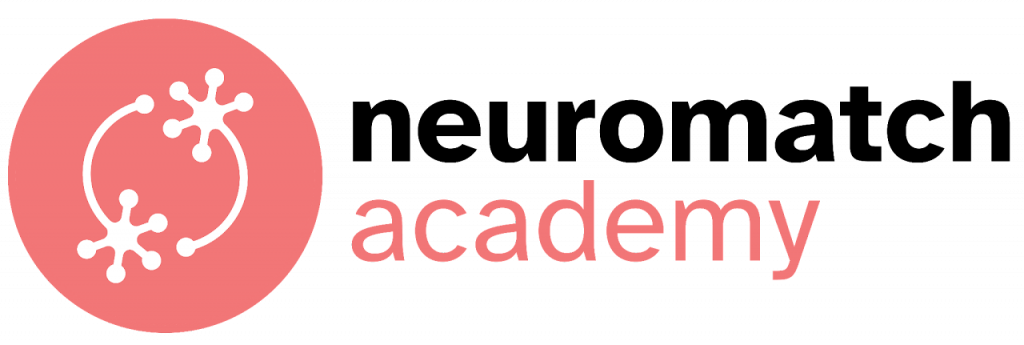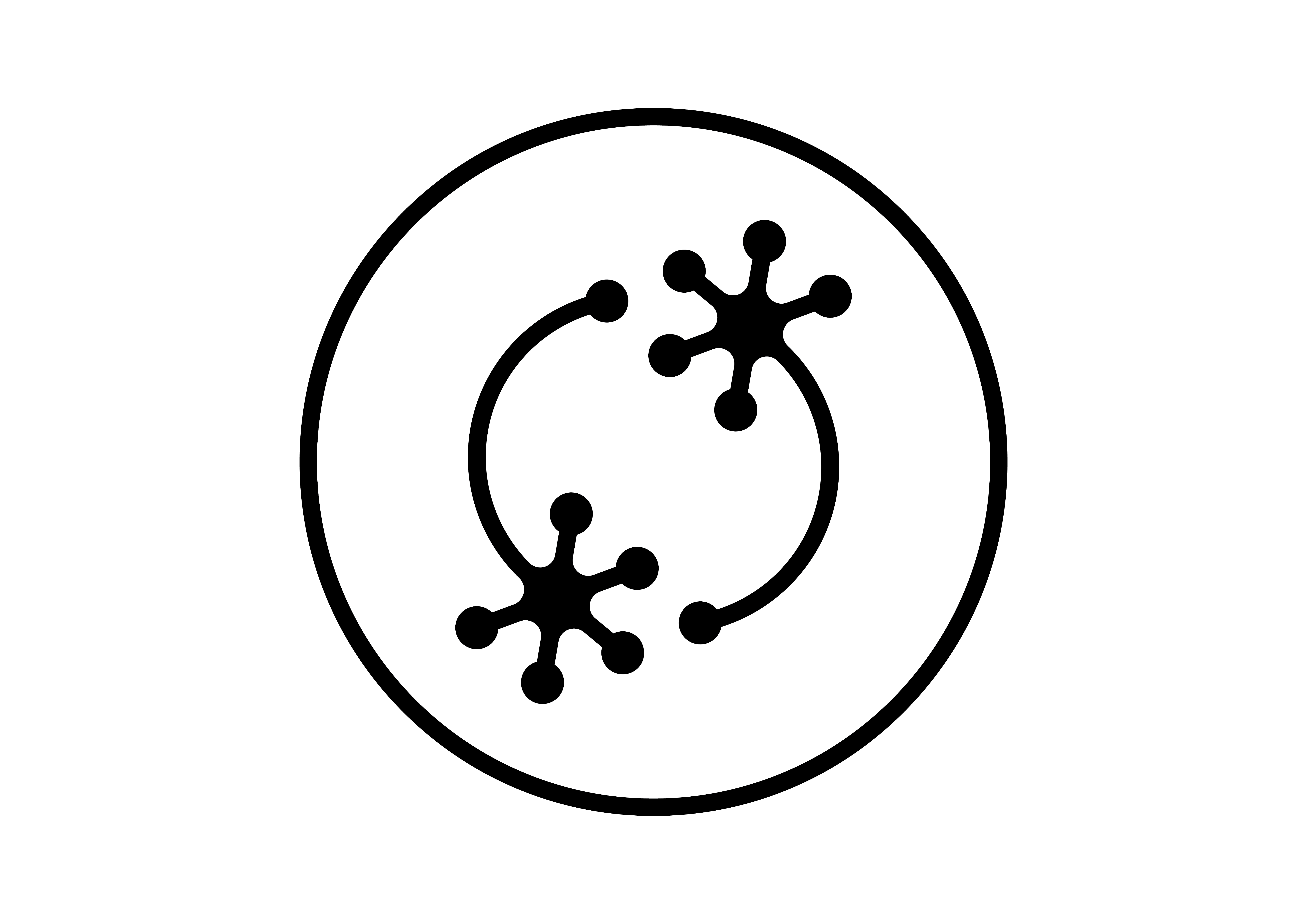
What is Neuromatch Academy?
We provide research education and training in computational neuroscience that is crucial for success in both academia and industry. We do this through live courses, interactive projects, professional development, networking, and research experiences in an inclusive, supportive, all-online, environment.
In the academy, we help participants to collaborate with a global community of experts and peers, hone their problem-solving skills, and build a supportive network that celebrates inclusivity and accessibility in science education.
Who is Neuromatch Academy?
Neuromatch Academy is a volunteer-led organization, run by computational neuroscientist enthusiasts from all over the world. From students to faculty to industry professionals, our volunteers are invested in creating globally-accessible science education and building inclusive communities for scientists to learn, grow, network, and discover. See our team here.
Live Classes for Neuroscience Education
We provide two live, online, courses in neuroscience topics:
- Computational Neuroscience
- NeuroAI
You can learn more about our education programs here, or learn about each course below. All courses have hands-on, computational components, group research projects, and professional development experiences.
Computational Neuroscience
Learn computational neuroscience techniques and methods in a live instruction hands-on classroom.
We cover cutting-edge advances in machine learning and causality research with state-of-the-art modeling approaches in neuroscience with a focus on interpretability and the process of modeling.
NeuroAI
In this intensive, graduate-level course for students with both AI and computational neuroscience experience, you’ll learn about how intelligent systems generalize. By applying principles from computational neuroscience, AI research, and cognitive neuroscience, this course will explore the fundamental nature of natural and artificial intelligence.
You may also find interest in exploring our courses in Artificial Intelligence and Machine Learning.
Research Experiences in Neuroscience
We work with a network of partners to sponsor new projects each year with research organizations and teams around the world. Through this program, participants will join a research team that works on a project seed provided by an established, larger research project.
Professional development in this program focuses on methods in integrative research and ways in which many small teams can work together to contribute to our greater understanding of complex systems like the brain.
This program is still under development. Check back for a link soon!
